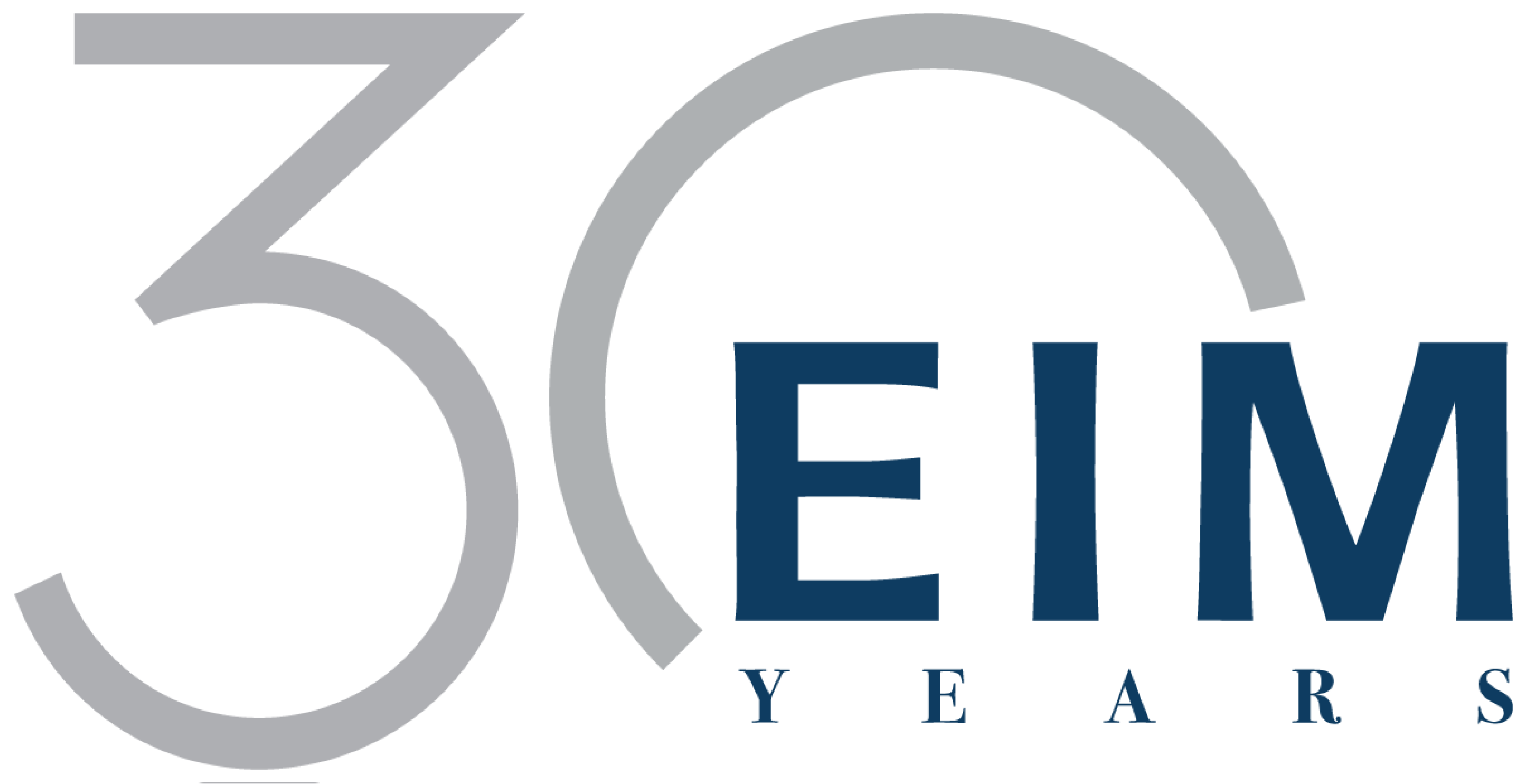
Agility Update May 2023
Welcome to the May issue of Agility Update. As Australia approaches another Federal Budget amidst continuing economic and other uncertainties, business leaders are being exhorted to focus on the issues they can exert some control over. These include developing and communicating clearly on, company policies relating to remote work and on the use of third-party generative Artificial Intelligence (AI) services like ChatGPT. With the softer economy exposing possible M&A targets, corporate dealmakers are also being advised to avoid hidden potholes by broadening their consideration to include non-financial environmental, social, and governance (ESG) issues.
Beware the ChatGPT Iceberg
Two Managing Directors and Senior Partners at Boston Consulting Group in the US sounded a blunt message to corporate leaders: “If you haven’t already sent a message out to all your employees on the appropriate use of third-party generative AI services …you’re very late and at risk. And if you don’t have any programs at all to ensure that AI is used responsibly, you’re really in trouble.”
Trouble? Possible nightmare scenarios include someone loading confidential information to an open site to fix software bugs or generate a PowerPoint meeting deck.
An article in Time magazine claims the rise and democratisation of generative AI tools like ChatGPT marks the most important technological breakthrough since social media. ChatGPT reached 100 million monthly users between its launch on 30 November 2022 and January 2023, clocking a faster rate of adoption than Instagram or TikTok. Meanwhile, researchers say AI’s computational power is doubling every 6 to 10 months and forecasters at PwC predict that AI could boost the global economy by over US$15T by 2030. The rocket-like trajectory could spawn a host of unforeseen and devastating consequences.
Essential reading includes Time magazine’s The AI Arms Race is Changing Everything for context and history and Boston Consulting Group’s How to Put Generative AI to Work—Responsibly to develop guardrails and harvest the potential. Read also Fast Company magazine’s 30 AI Tools You Can Try for Free for a peek at what’s available from chat to search, to artwork generators, writing tools, content summarisers that work with text and video, speech-to-text transcribers, visual editors, and audio / music-generating tools.
And if you’d like to experiment with Chat GPT, read ZDNet’s How to Use ChatGPT: Everything You Need to Know starting with registering an account followed by ChatGPT Productivity Hacks: Five Ways to Use Chatbots to Make Your Life Easier for examples on drafting emails, composing basic lists, and creating a personal workout plan. Next, read Fast Company’s How Leaders Can Use ChatGPT to Craft an Inspiring Message for a detailed example of using ChatGPT to draft a speech for an all-hands company meeting. It goes without saying that this experimentation should be done on your personal PC.
ESG: 6 Orange Flags for Dealmakers
‘Double materiality’ is an evolving concept at the forefront of many M&A conversations as an emphasis on nonfinancial environmental, social, and governance (ESG) factors grow.
PwC defines double materiality to encompass financial materiality (an activity that has an effect on the company’s cash flows or enterprise value) and impact materiality (an activity that affects either people or the environment, whether directly or indirectly). And it warns that broader ESG concerns can arise on any deal, not just deals that are motivated explicitly by opportunities in this area e.g., renewable energy business.
Dealmakers should beware of 6 orange flags and proceed with caution, warns PwC. These are:
1. Unethical marketing. Dealmakers need to be attuned to inconsistencies in public messages and the efficacy of products, especially in industries where marketing regulation is loose. For instance, words like ‘clean’ and ‘organic’ do not have an internationally agreed meaning throughout the cosmetics industry.
2. Reputational risks e.g., arising from greenwashing. See 2022’s Greenwashing Hall of Shame.
3. High-risk supply chains. Check out Top 10: Worst Supply Chain Disasters in History.
4. Disengaged employees. According to Gallup in The World's $7.8 Trillion Workplace Problem disengaged employees cost their company the equivalent of 18% of their annual salary. Other sources calculate losses at up to 34% of a disengaged employee’s annual salary.
5. Transformational deals that don’t deliver on wider outcomes such as gender mix.
6. Inadequate nonfinancial disclosures e.g., unsupported sustainability claims.
For a refresher, read Strategy+Business’ Doing the Right Deals and UNSW Sydney’s What Do Officers and Directors Really Need to Know About ESG?
Legal & Other Ramifications in the New World of Work
Organisations should refine their work policies as post-pandemic work habits have stabilised. The latest transport survey confirms staff are choosing to work remotely for about a third of their total work hours. In addition, research by the University of Melbourne has found that a full three-quarters of workers under 54 say they would leave, or consider leaving, a job that didn’t allow for flexibility.
Putting aside the divide separating work that can and can’t be performed remotely, most HR professionals recognise the benefits of remote work, but the data suggests that ‘work from anywhere’ carries a level of risk organisations can no longer ignore. MIT Sloan Management review’s Work-From-Home Regulations Are Coming. Companies Aren’t Ready gives a bird’s eye view of global developments.
Locally, the Australian Payroll Association lists six legal issues to consider:
1. Safety
2. Working Hours
3. Material/Technology Needs
4. Security and confidentiality
5. Professional Behaviour
6. Employer/employee Interaction
Should remote work be performed overseas, more considerations come into play. Legal firm Baker McKenzie Client Alert Australia: Working Remotely Overseas - Cross Border Issues summarises these issues and also provides a handy checklist. Employers thinking of recruiting global remote workers may also like to consider going through an employer of record (EOR) to act as a legal entity in multiple countries for their business. Read Employer of Record (EOR): The Ultimate Guide for details.
Another work approach making headway into the mainstream is the 4 Day Week Global program promoting a 4-day work week on 100% pay. Pilots have been hailed a ‘resounding success’. However, the 4-day week model is not applicable across all sectors and there are examples where it did not work. Australian companies trialling a 4-day week are listed here.
For more resources see Flexible Work web resources from Workplace Gender Equality Agency for business cases and toolkits to mainstream flexible work.

EIM AUSTRALIA
EIM (Executive Interim Management) was founded to meet the need in client organisations for experienced leaders at short notice to facilitate and accelerate change. We are an independent global partnership backed by the experience of over 10,000 assignments worldwide.
Arrange a consultation >